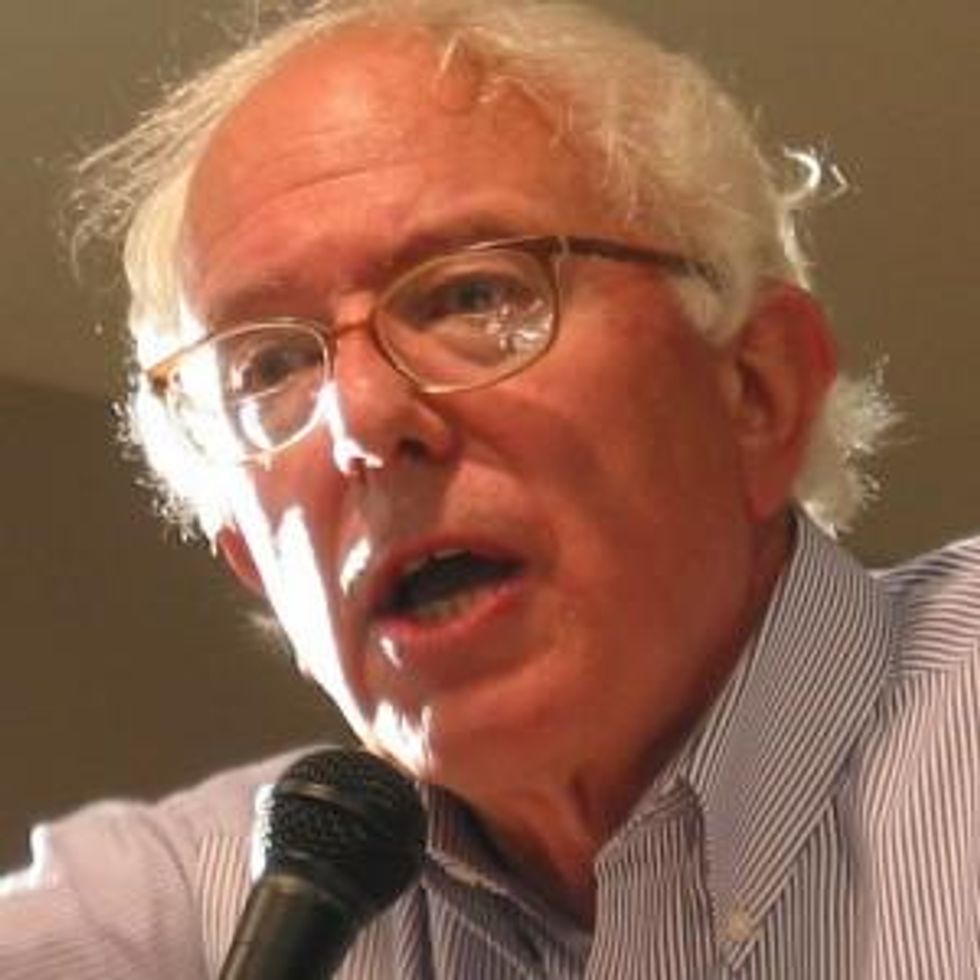The Washington Post (12/1/13) has a piece about what it considers a leftward push inside the Democratic party. This is not the kind of thing that gets a lot of attention in corporate media; when it does, there's a tendency to portray it as a potential problem. The Post article is no different.
Under the print-edition headline "Democratic Party Feeling Heat From a Revived Left," reporter Zachary Goldfarb explains:
As Obama struggles to achieve his second-term domestic agenda, a more liberal and populist voice is emerging within a Democratic Party already looking ahead to the next presidential election. The push from the left represents both a critique of Obama's tenure and a clear challenge to Hillary Rodham Clinton, the party's presumptive presidential front-runner, who carries a more centrist banner.
So where are we seeing this populist push? The Post identifies a few examples of this left agenda: protecting Social Security from cuts, a minimum wage increase, narrowing income inequality and "making a case for tougher financial regulations."
Inevitably, the Post sees danger:
But the push from the left carries political risks for Democrats, who could be accused of being reckless about the national debt or insensitive to the demands of business and economic growth. What's more, many Americans are uncomfortable with the notion of the government redistributing income far beyond what happens today in order to accomplish basic elements of the populist agenda. Liberal congressional or presidential candidates could pressure more moderate candidates to veer to the left, perhaps reducing their electability.
But those "political risks" are hard to figure, since all of the political issues identified here are broadly popular. The last time a very similar article was written-in the New York Times this past summer-the worry was that these positions would pull Democrats away from "the center." As Ezra Klein of the Washington Postpointed out back then, most of the policy ideas-regulating banks, protecting Social Security and Medicare-were wildly popular with the public.
Raising taxes on the wealthy is similarly popular-as the Washington Post's own polling has shown-which makes it unclear why the Post is worried that "many Americans are uncomfortable with the notion of the government redistributing income." If anything, they'd like to see more of it.
The Post piece includes a reference to a possible presidential campaign by progressive Sen. Bernie Sanders (Ind.-Vt.).
Although his chances would be slim at best, he could serve as an agitator who pulled other candidates to the left--or as a potential spoiler if his campaign got off the ground.
An "agitator" or a "spoiler"--which will it be?
